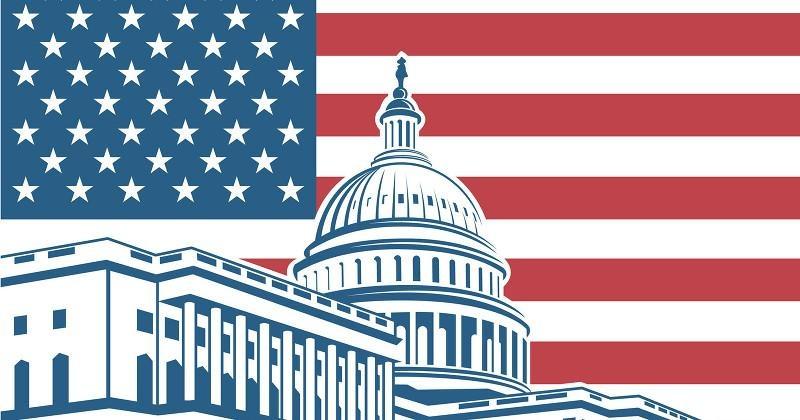
Political handicapping is more than looking at polls and regurgitating who is ahead. Throughout an election cycle, there are signs political handicappers use to understand what is happening at a given moment and to project how races will play out in the weeks or months ahead.
During the endgame, one of the most reliable rules of handicapping is that for incumbents, “what you see is what you can get.” In other words, incumbents won’t get many undecided voters.
The underlying reasoning for that view is pretty simple: Incumbents tend to be better known than their challengers, in part because of the advantages of incumbency.
They traditionally raise more money and have every opportunity to ingratiate themselves with voters, building relationships that will ultimately pay off on Election Day.
Undecided voters late in an election cycle haven’t connected with the incumbent and aren’t even giving him or her the benefit of the doubt. For some reason, those voters are resisting supporting the incumbent.
Of course, some undecideds will be of the same party as the incumbent, and many of them will ultimately support the sitting lawmaker. But undecided voters late in a cycle probably have more reason to vote for the challenger — or not vote at all — than to support the incumbent.
Doing the math
Because undecideds break disproportionately to the challenger, any incumbent who is winning by a point or is in a dead heat in the final 10 days of a campaign ought to be an underdog in the election.
That’s why handicappers view incumbents who are ahead 44 percent to 43 percent or even 46 percent to 45 percent as being in terrible shape politically. (Incumbents who are running even or slightly ahead but are getting 48 or 49 percent of the vote have a better chance to eke out a win.)
So, when I see a New York Times Upshot/Siena College poll showing New Jersey Republican Rep. Tom MacArthur leading Democratic challenger Andy Kim 45 percent to 44 percent 10 days out from the election, I have to believe that MacArthur is in deep trouble.
That doesn’t mean he can’t win, of course. He could have a financial advantage in the final weeks, or the undecided voters could be disproportionally pro-Trump or Republican, which would improve MacArthur’s prospects. Or, the polls could be inaccurate.
But in the past, most incumbents in MacArthur’s situation would not win unless they had a strong political breeze at their backs.
The same goes even more for Republican incumbents like Peter Roskam of Illinois or Jeff Denham of California, both of whom narrowly trail their Democratic opponents in recent public polls.
Using the old “what you see is what you get” rule of thumb, both Roskam and Denham (and Colorado’s Mike Coffman and Virginia’s Barbara Comstock) are likely toast.
Into the unknown
This year, it’s hard to...

